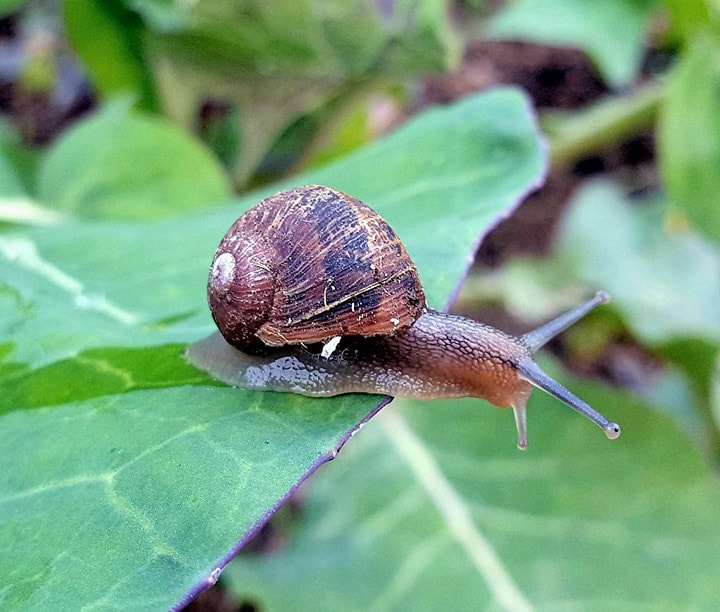|
“The value of the product comes from effort needed to make it.”
Basics of Marketing and Economics. Introduction. It's every gardener’s nightmare: full of expectations to pick up something fresh and juicy from your garden, you go out in the morning to check out your crop and stop, horror-struck as your crop was eaten away by slugs and caterpillars. What would most of us do in this situation? Yes, run to the store to stock up with sprays and pellets. Unfortunately, if you are not going to be specific in the shop, you'd be sold pesticides (read about pesticides harmful consequences in my article organic-food-organic-life-organic-fashion.html). If you'll ask for Organic Pest Control sprays in the shop, you'll be surprised how expensive the little organic bottle would cost. However, most of home – made organic pest control dealings are cheap, preventive, non – toxic, safe and beneficial for the environment: animals, birds and “good bugs”. One of the many sad effects of applying pesticides in the garden is that they kill the beneficial insects as well as destroy natural balance. Generally, pests have a very good resistance to pesticides and in a very short period they will return in twice the amount, whereas beneficial bugs have a much more slower reproductive rate. As a result, more and more pesticides are required to deal with the problem. Thankfully, there are a lot of organic methods to keep your garden-unfriendly pests under control. What is pest? In agriculture, pests are any organisms that significantly interfere with crop, plant or animal productivity. They can be in the form of:
The best way to keep your garden under control is to use preventive measures. Preventive Measures.
- Parasites: the insect that lays an egg inside the host body and after a while an adult insect comes out of the body. Example: parasitic wasp. The best way to attract this useful bugs plant: mints, yarrow, cornflower, fennel, dandelion, sunflower, pussy willow and corn. If you think that you still don't have enough of these bugs, you can purchase them on-line.
If in spite of all your efforts you garden is still under attack from pests (after a heavy and lengthy rain, for example) you still can get rid of them with some simple Grandma methods. Here a few of them: #1. The classical one: combine chili (or cayenne pepper) with crushed garlic, organic soap flakes few spoons of oil and water; leave overnight; strain; effective against aphids and caterpillars. #2. Ashes. Put one handful of ashes on the affected plant; effective against everything plus ash is an excellent fertiliser containing potash and most of the trace elements. #3. Mix two parts of espresso coffee with ten parts of water and sprinkle on the areas of potential slugs and snail attacks. #4. Dissolve a few spoons of baking soda in water and spray vegetables; it can prevent development of fungi and powdery mildew. #5. Baby shampoo spray. Mix two tablespoons of baby shampoo with 1 bucket of water and spray affected plants; fight against white flies, aphids, scale and spider mites. A word of caution: organic sprays work the same as non-organic and will kill or deter a beneficial insect as well, so think twice before applying them. Also, before using any home made concoction try first on a small portion of a plant and check after a few hours that not harm has been done. The best time to spray is early in the morning. Don't apply during a heat wave as you can kill your crop. Also use organic soaps and baby shampoo as non – organics will most likely contain bleach and will be very harmful for your plants. If you are buying organic pest solutions in the store make sure that it really is organic. Conclusion. Organic pest control is great for the environment, for your health and by sticking to its principles you are not fighting with Mother Nature but live in harmony with her. Happy gardening!
7 Comments
Your comment will be posted after it is approved.
Leave a Reply. |
Archives
February 2020
Categories |
Julia Organic Copyright 2021 Website MapMyBusiness


 RSS Feed
RSS Feed



